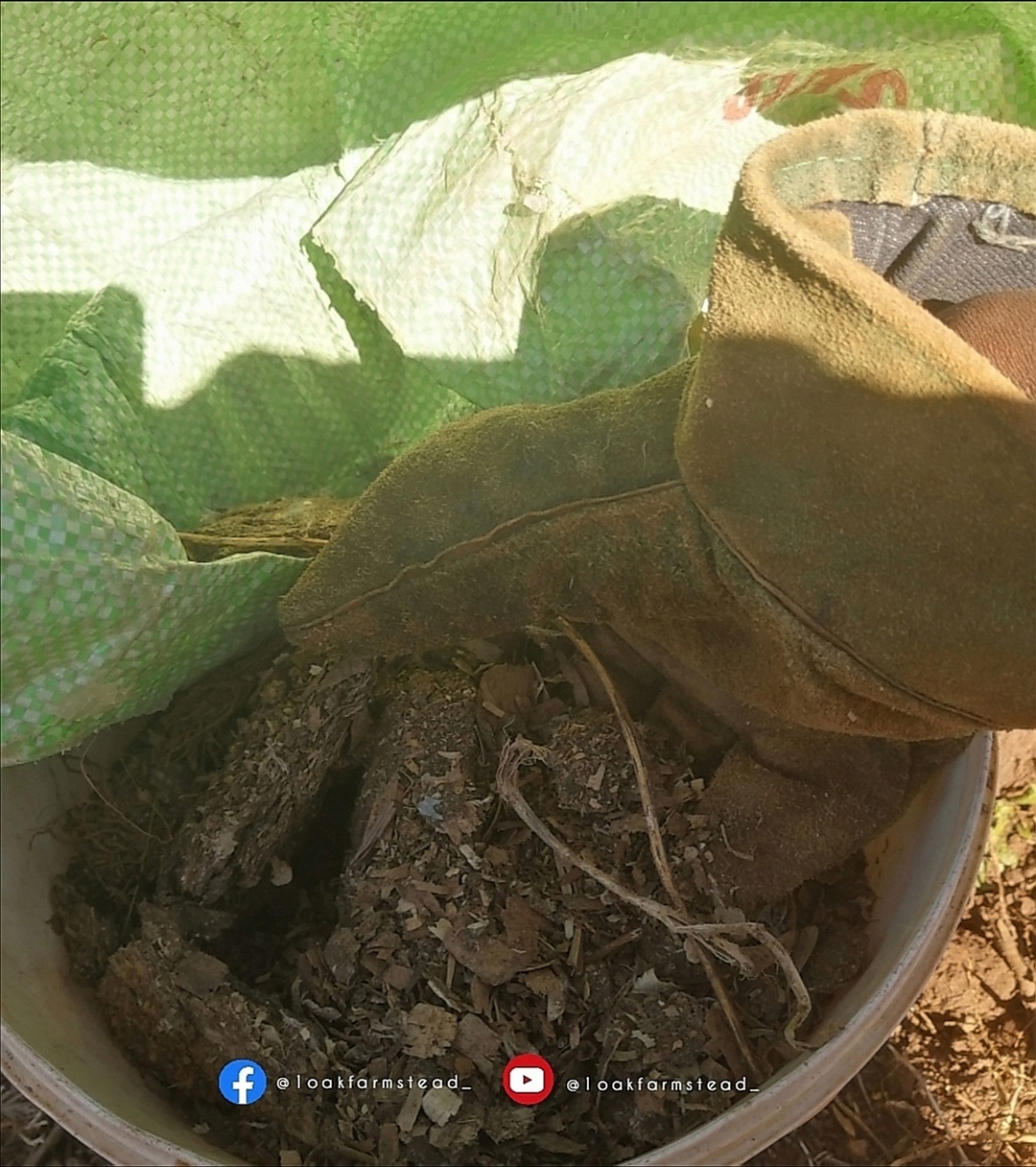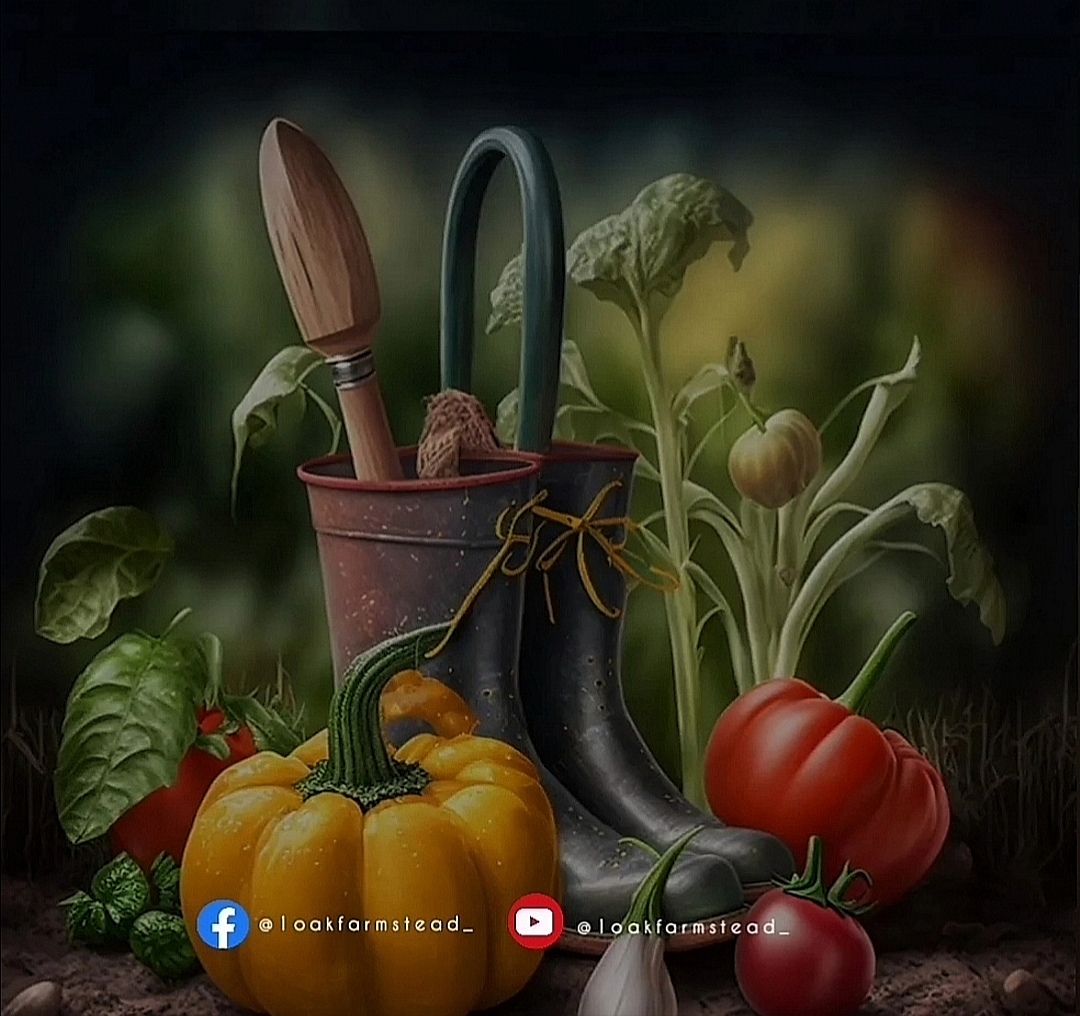Leave a reaction | Ayanda Kunene | Last update September 26, 2023.
Composting is considered to be one of the main aspects of gardening.

It involves collecting organic materials such as kitchen scraps, leaves, grass clippings, and other yard waste, and allowing them to decompose naturally.
Let's Build!
You will need a compost bin, some brown and green materials, and a bit of patience.
Brown materials, such as dried leaves, wood chips, and straw, provide carbon to the compost. Green materials, such as grass clippings, vegetable scraps, and coffee grounds, provide nitrogen. You should also add a small amount of soil to provide beneficial bacteria and fungi.
Compost bin or heap?
The size of your backyard should be taken into consideration when deciding whether to use a composting bin or have a garden compost pile. For smaller backyards, static or tumbling composting bins are good options as they are more space-efficient and can be tucked away in a corner or on a balcony. For larger backyards, a garden compost pile may be a better option as it can be placed in a more open area and can accommodate larger amounts of compostable materials.
Do's ✔️
Add yard and garden residues and other organic materials, such as leaves, grass clippings, straw and hay, sawdust, and finely chopped or shredded tree and shrub prunings. It is important to add a combination of green and brown plant material. It is also recommended to shred or cut large items before adding them to the compost bin, such as branches and twigs, newspaper, etc. Smaller particles decompose faster. Food scraps from produce items, such as apple cores, banana and orange peels, melon rinds, coffee grounds and eggshells can also be added to the compost pile.
Dont's ❌
It is important to be aware of what you should not put in your compost bin. Do not put diseased plants, pet droppings (apart from chook manure), cooking fat, glossy paper, weeds with seeds, treated timber, or large branches in your compost bin. These items will not break down properly and can be harmful to the composting process.
ProTip: You can use a 20L bucket as a compost bin for a cheaper alternative.
Subscribe to 1oak farmstead
Get updates on the latest posts and more from 1oak farmstead straight to your inbox.
Our Shop📍
https://bmc.link/1oakfarmstead
Follow Us!
Layer your compost materials
It is important to know how to layer your compost when creating a compost pile. Layering your compost correctly is key to creating a compost successfully. This is because layering your compost helps to create the right conditions for the composting process to occur, such as creating the right balance of air and moisture. Additionally, layering your compost helps to ensure that the necessary nutrients and microorganisms are present to break down the organic material.
When layering compost, it is important to start with a base layer of twigs, mulch, or old potting mix. This will help to encourage air circulation and provide drainage. After the base layer is in place, the next step is to layer green and brown material, such as garden clippings and kitchen scraps, then leaves and wet paper. This will help to create a balanced compost pile that will break down quickly and efficiently.
When layering compost, try to mix in two parts brown material to one part green.
Adding water after each layer will help keep the pile moist, but not too wet. Finish with a layer of soil or finished compost to help reduce odours.
Finally, turn the compost regularly to ensure that all the materials are breaking down evenly. With a bit of effort and patience, you'll have a nutrient-rich compost for your garden in no time.
When is my compost ready?
When compost is ready to use, it should be a rich brown colour and easily crumble when touched. Depending on the size of the bin, it can take a few months for the compost to reach this stage. Compost is a great soil conditioner that adds nutrients and helps the garden retain moisture. It can also reduce the need to add fertiliser and make plants more resistant to disease. Setting up a composting system can also help you become more aware of the amount of food that gets wasted, and how to make more conscious decisions when it comes to shopping.
Thank you for tuning in. I bless you.
Until next time.
Pull Up A Seat And Visit Awhile
[Related] Important benefits of Composting + environmental benefits.

What Do You Need?
Now That You Are Here!
#Your1oakPlug over here at 1oak Farmstead™ has a saying " Turn your everyday dust into golden haze."
Learn what you can, when you can! Life and knowledge will grow and thrive when/where you nurture it! Enjoy each season!!
Join the other Friends, Farmers/Homesteaders who get the best of homesteading sprout delivered right to their email every Wednesday and Sunday

Never miss what's new with 1oak Farmstead™.
